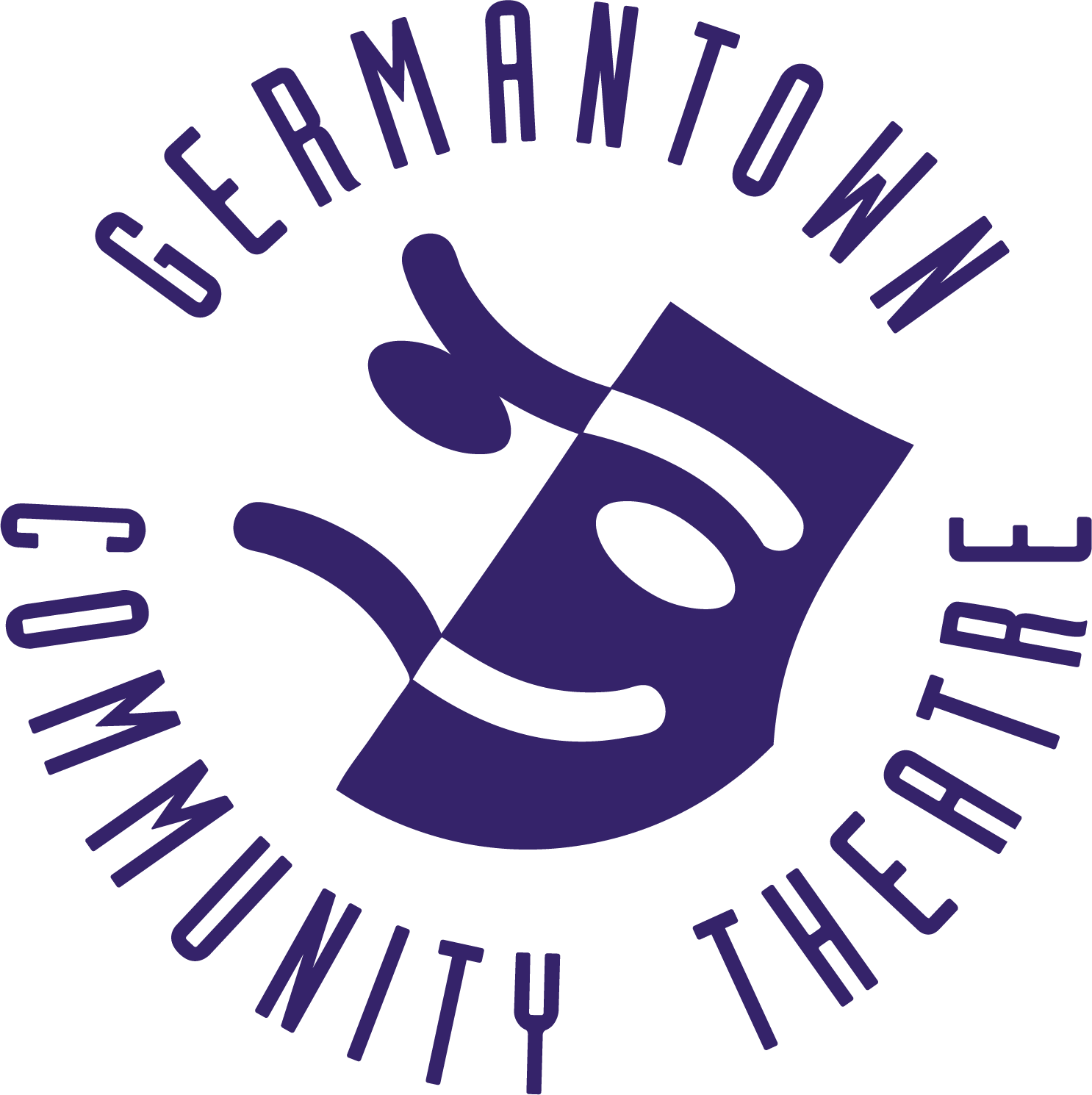
Wit Audition Notice

Directed by Olivia Gacka.
Productions dates are January 15-31, 2021. Rehearsals to begin in November 2020.
This audition is a digital video submission. Please submit the appropriate monologue to gctwit.audition@gmail.com. The play is set in the United States so there is no expectation for adopting any accent outside other than actors’ own accent. Submissions are due by July 19th at 9:00PM. There may be a digital callback if needed.
Character descriptions:
Vivian Bearing, Ph.D. (~35+, Flexible on age of performer, but should be able to play older as necessary) – The play’s main character and narrator. Tough, curious, dry, much on her dignity (until she’s no longer able to be), unrelenting, with a visible thirst for knowledge that has not waned over her years of teaching university students. Not to be bothered with people, until her stint at the hospital for treatment forces her to consider the bigger picture. As her disease and its painful treatment progress, she begins to question the values and standards that have always directed her. She faces the concept of her death with humor and energy, until the very end.
Harvey Kelekian, M.D. (45+) – Chief of Medical Oncology, responsible for Vivian’s treatment and oversees medical fellows, including Jason Posner. Vivian and Kelekian are like-minded peers who speak different languages. Approachable and at times, fatherly. This actor will also play Vivian’s father, Mr. Bearing.
Jason Posner, M.D. (20’s) – A medical fellow in Dr. Kelekian’s Oncology unit responsible for much of Vivian’s care. Eager, sharp, intellectual, intense, boastful, and confident. Zero bedside manner, and treats Vivian more like a test subject than a human being, not because he isn’t a good person, but because he’d just rather be working in a lab.
Susie Monahan, R.N. (20’s+) – Vivian’s primary care nurse. She is exactly who you would want as a nurse. Though not considered “book smart” she is sweet, compassionate, and nurturing, with a sunny disposition and a wisdom that does not come from books. Susie advises Vivian on difficult medical decisions, simplifying the choices and presenting the humane options in a nonjudgemental way. Susie advocates for compassionate and dignified care for her patient, offering a voice of moderation in a room that overwhelmingly leans to a harsher side.
E.M. Ashford, Ph.D. (Age 50+) – Professor Ashford is Vivian’s college professor and mentor. Though Ashford passed on to Vivian her unrelenting work ethic and thirst for knowledge, she also urged Vivian to find balance in life through personal connection – which she gives to Vivian in her time of need.
Lab Techs, Clinical Fellows, Vivian’s students, Code Team (Age 20-30’s, M & F) – Each actor will play distinct characters from each of the above groups. These are roles that drive the action and represent the impact of aspects of Vivian’s journey, past and present, continually.
Monologues:
Auditioning for Vivian:
(In false familiarity, waving and nodding to the audience) Hi. How are you feeling today? Great. That’s just great. (In her own professorial tone) This is not my standard greeting I assure you. I tend toward something more formal, a little less inquisitive, such as, say, “Hello.” But it is the standard greeting here. There is some debate as to the correct response to this salutation. Should one reply “I feel good,” using “feel” as a copulative to link the subject, “I,” to its subjective complement, “good”; or “I feel well,” modifying with an adverb the subject’s state of being. I don’t know. I am a professor of seventeenth-century poetry, specializing in the Holy Sonnets of John Donne. So I just say, “Fine.” Of course it is not very often that I do feel fine. I have been asked “How are you feeling today?” while I was throwing up into a plastic washbasin. I have been asked as I was emerging from a four-hour operation with a tube in every orifice, “How are you feeling today?” I am waiting for the moment when someone asks me this question and I am dead. I’m a little sorry I’ll miss that. It is unfortunate that this remarkable line of inquiry has come to me so late in my career. I could have exploited its feigned solicitude to great advantage: as I was distributing the final examination to the graduate course in seventeenth-century textual criticism- “Hi. How are you feeling today?” Of course I would not be wearing this costume at the time, so the question’s ironic significance would not be fully apparent. As I trust it is now. Irony is a literary device that will necessarily be deployed to great effect. I ardently wish this were not so. I would prefer that a play about me be cast in the mythic-heroic-pastoral mode; but the facts, most notably stage-four metastatic ovarian cancer, conspire against that. The Faerie Queene this is not. And I was dismayed to discover that the play would contain elements of…humor. I have been, at best, an unwitting accomplice. (She pauses) It is not my intention to give away the plot; but I think I die at the end. They’ve given me less than two hours. If I were poetically inclined, I might employ a threadbare metaphor- the sands of time slipping through the hourglass, the two-hour glass. “Now our sands are almost run; More a little, and then dumb.” Shakespeare. I trust the name is familiar. At the moment, however, I am disinclined to poetry. I’ve got less than two hours. Then: curtain.”
Auditioning for E.M. Ashford (read both):
“You take this too lightly, Miss Bearing. This is Metaphysical Poetry, not The Modern Novel. The standards of scholarship and critical reading which one would apply to any other text are simply insufficient. The effort must be total for the results to be meaningful. Do you think the punctuation of the last line of this sonnet is merely an insignificant detail? This way, the uncompromising way, one learns something from this poem, wouldn’t you say? Life, death. Soul, God. Past, present. Not insuperable barriers, not semicolons, just a comma. (Pause) But the paper is not the point. Vivian, you’re a bright young woman, use your intelligence. Don’t go back to the library. Go out. Enjoy yourself with your friends. Hmm?”
“Vivian? Vivian? It’s Evelyn. Vivian? I’m in town visiting my great-grandson, who is celebrating his fifth birthday. I went to see you at your office, and they directed me here. There, there, Vivian. It’s okay. Don’t worry, dear. Let’s see. Shall I recite to you? Would you like that? I’ll recite something by Donne. No? Let’s see. The Runaway Bunny. By Margaret Wise Brown. Pictures by Clement Hurd. Copyright 1942. First Harper Trophy Edition, 1972. Now then…”
Auditioning for Harvey Kelekian:
You have cancer. You present with a growth that, unfortunately, went undetected in stages one, two, and three. Now it is an insidious adenocarcinoma, which has spread from the primary adnexal mass- perhaps some of the terms are new. Now ,the tumor is spreading very quickly, and this treatment is very aggressive. Better not teach next semester. The first week of each cycle you’ll be hospitalized for chemotherapy; the next week you may feel a little tired; the next two weeks’ll be fine, relatively. This cycle will repeat eight times, as I said before. This treatment is the strongest thing we have to offer you. And, as research, it will make a significant contribution to our knowledge. The important thing is for you to take the full dose of chemotherapy. There may be times when you’ll wish for a lesser dose, due to the side effects. But we’ve got to go full-force. The experimental phase has got to have the maximum dose to be of any use. Dr. Bearing, you must be very tough, Do you think you can be very tough?
Auditioning for Jason Posner:
“Cancer is…Yeah, that’s right. It is. It is awesome. How does it do it? The intercellular regulatory mechanisms- especially for proliferation and differentiation- the malignant neoplasia just don’t get it. You grow normal cells in tissue culture in the lab, and they replicate just enough to make a nice, confluent monolayer. They divide twenty times, or fifty times, but eventually they conk out. You grow cancer cells, and they never stop. No contact inhibition whatsoever. They just pile up, just keep replicating forever. That’s got a funny name. Know what it is? “Immortality in culture”. It’s an error in judgement, in a molecular way. But why? Even on the protistic level the normal cell-cell interactions are so subtle they’ll take your breath away. Golden-brown algae, for instance, the lowest multicellular life form on earth- they’re idiots- and it’s incredible. It’s perfect. So what’s up with cancer cells? Smartest guys in the world, with the best labs, funding, they don’t know what to make of it. Me, I’ve got a couple of ideas, things I’m kicking around. Wait till I get a lab of my own. If I can survive this fellowship. Everybody’s got to go through it. All the great researchers. They want us to be able to converse intelligently with the clinicians. As though researchers were the impediments.
All auditioning for Students/Clinicians/Techs: Please prepare a short monologue of your choice to give me an idea of what you can do, as well as the following:
Student: “But why? Why does Donne make everything so complicated? I think it’s like he’s hiding. I think he’s really confused, I don’t know, maybe he’s scared, so he hides behind all this complicated stuff, hides behind this wit. I mean, if it’s really something he’s sure of, he can say it more simple–simply. He doesn’t have to be such a brain, or such a performer. It doesn’t have to be such a big deal. If he’s trying to figure out God, and the meaning of life, and big stuff like that, why does he keep running away, you know?”
Auditioning for Susie:
“Vivian, there’s something we need to talk about, you need to think about…They thought the drugs would make the tumor get smaller, and it has gotten a lot smaller. But the problem is that it started in new places too. They’ve learned a lot for their research. It was the best thing they had to give you, the strongest drugs. There just isn’t a good treatment for what you have yet, for advanced ovarian. I’m sorry, they should have explained this….What you have to think about is your “code status”. What you want them to do if your heart stops. You can be “full code”, which means that if your heart stops, they’ll call a Code Blue and the code team will come and resuscitate you and take you to Intensive Care until you stabilize again. Or you can be “Do Not Resuscitate”, so if your heart stops we’ll…well, we’ll just let it. You’ll be “DNR”. You can think about it, but I wanted to present both choices before Kelekian and Jason talk to you. They, they like to save lives, So anything’s okay, as long as life continues. It doesn’t matter if you’re hooked up to a million machines. Kelekian is a great researcher and everything. And the fellows, like Jason, they’re really smart. It’s really an honor for them to work with him. But they always…want to know more things”

